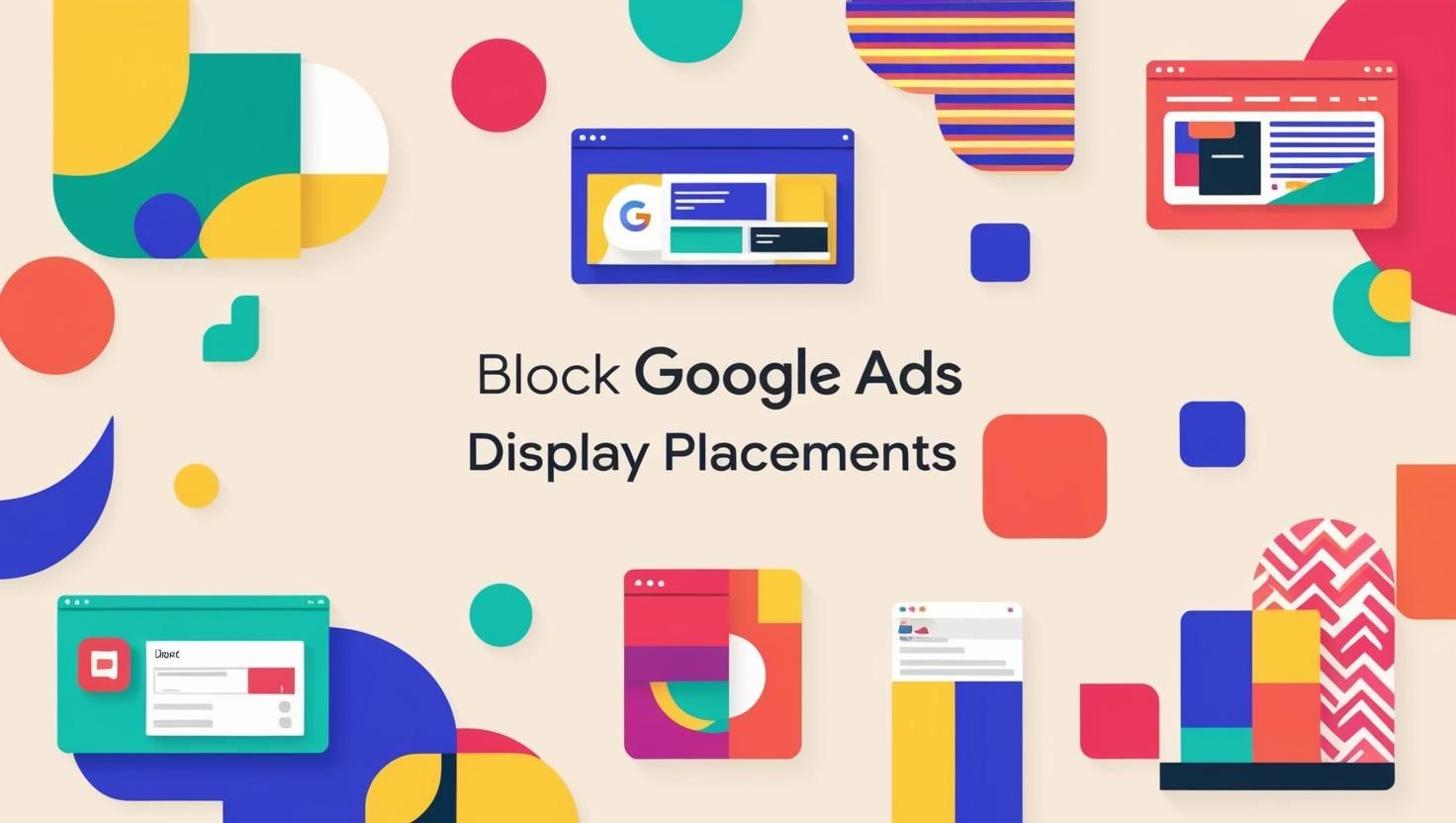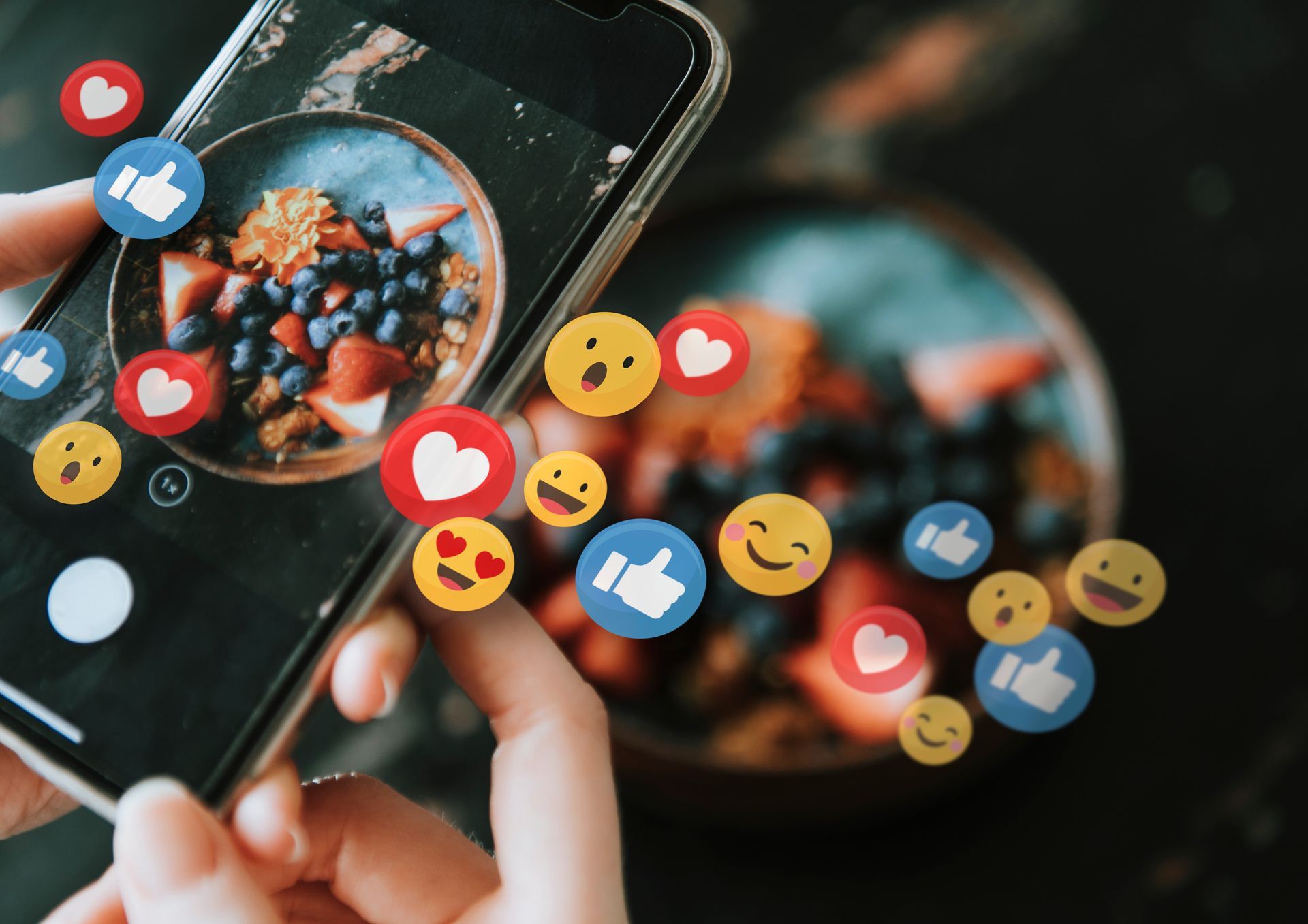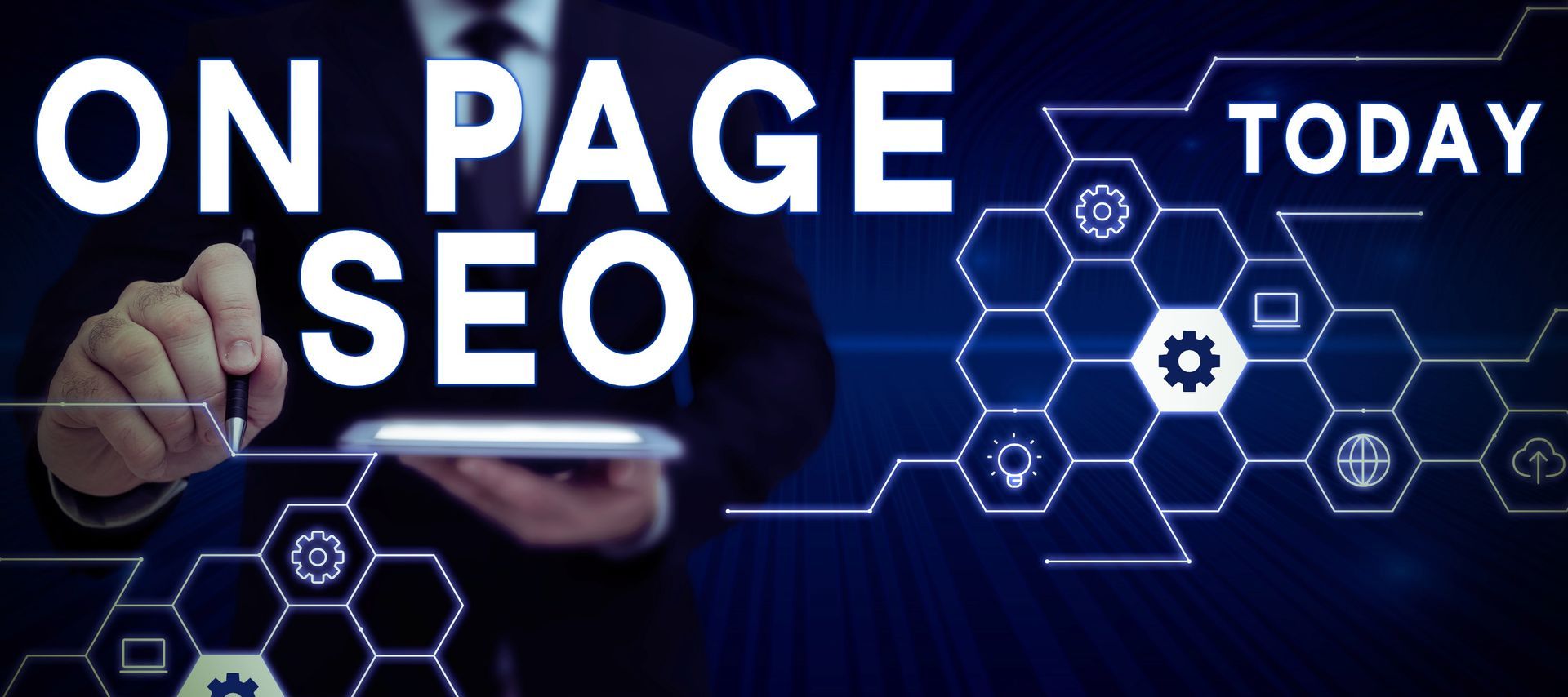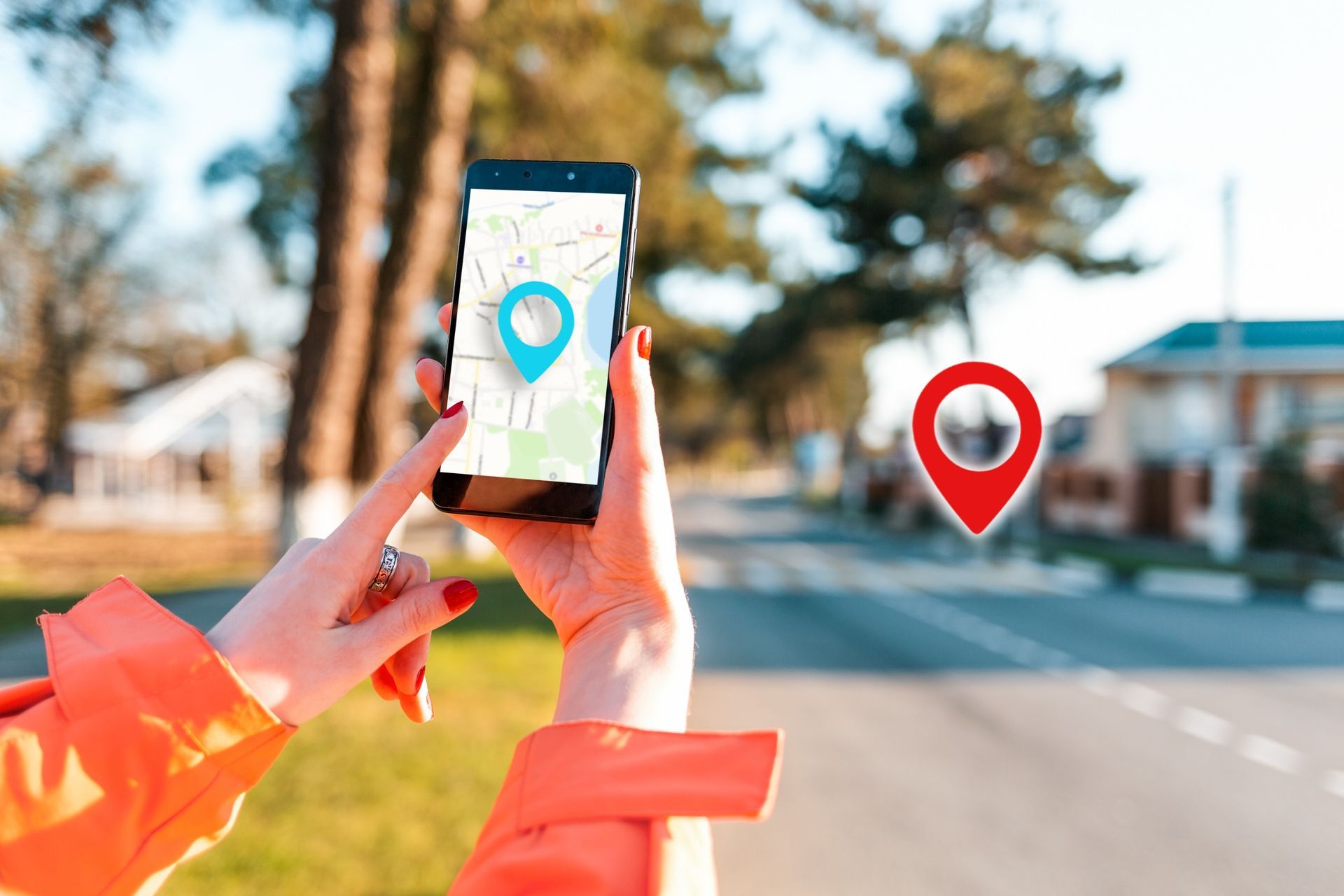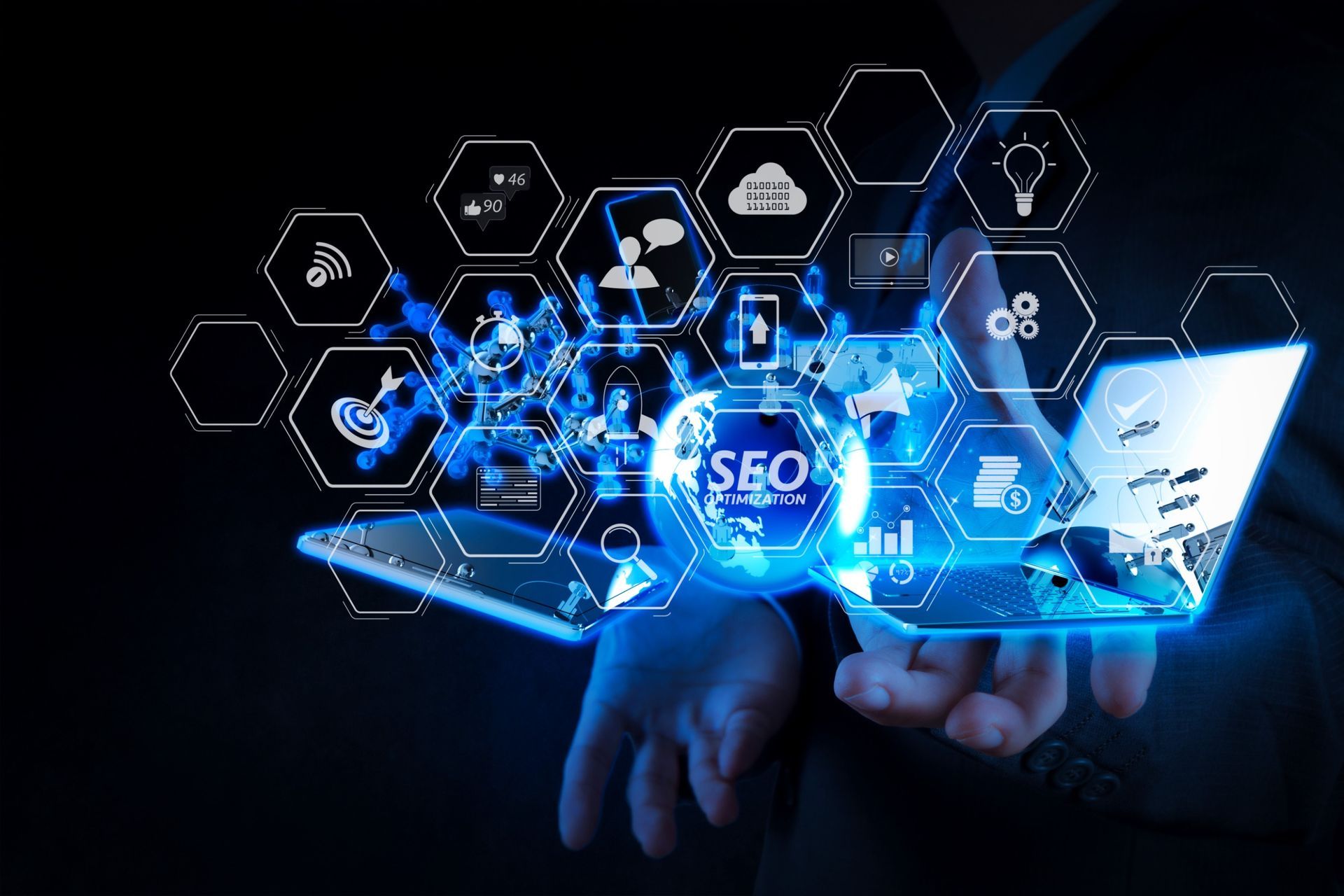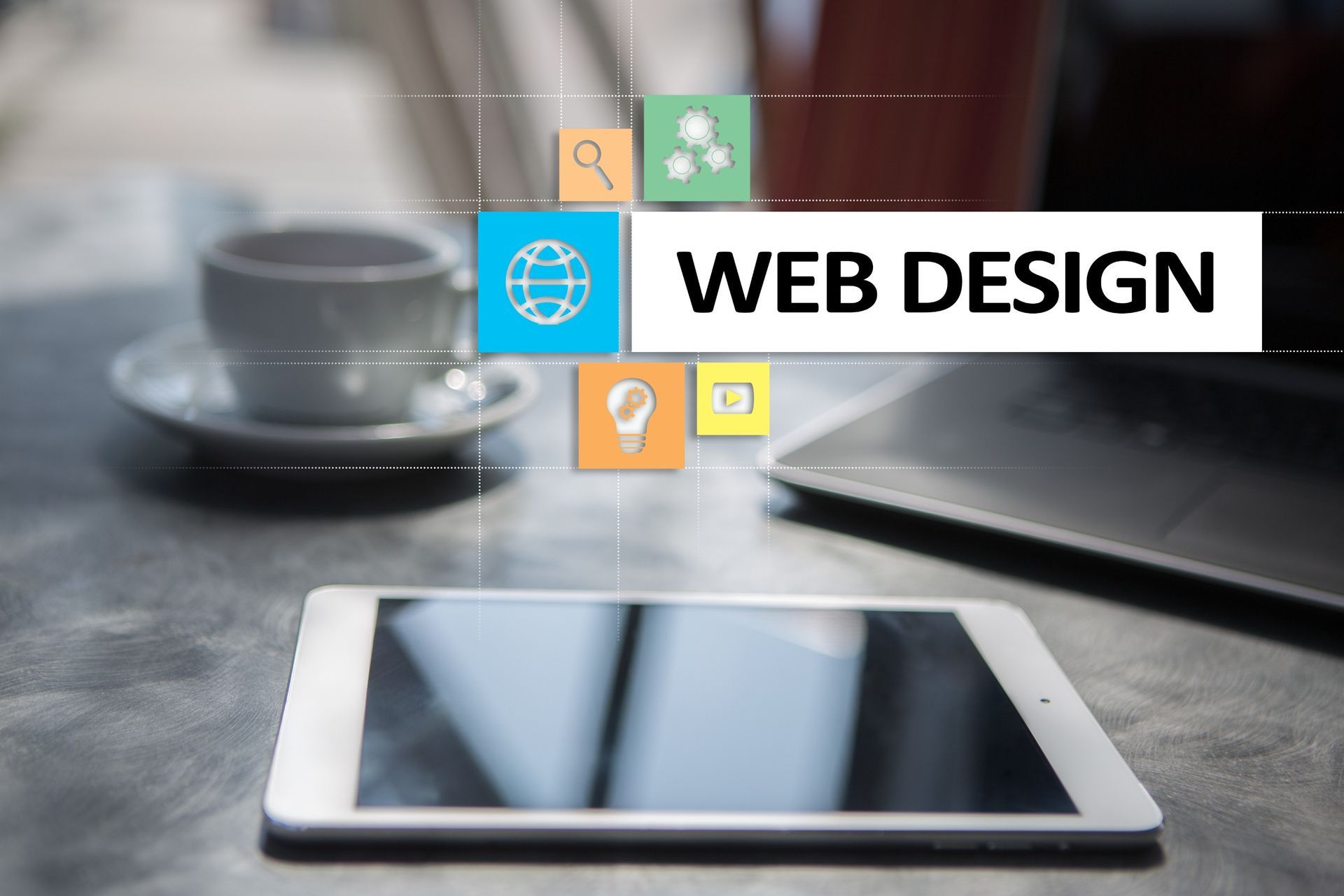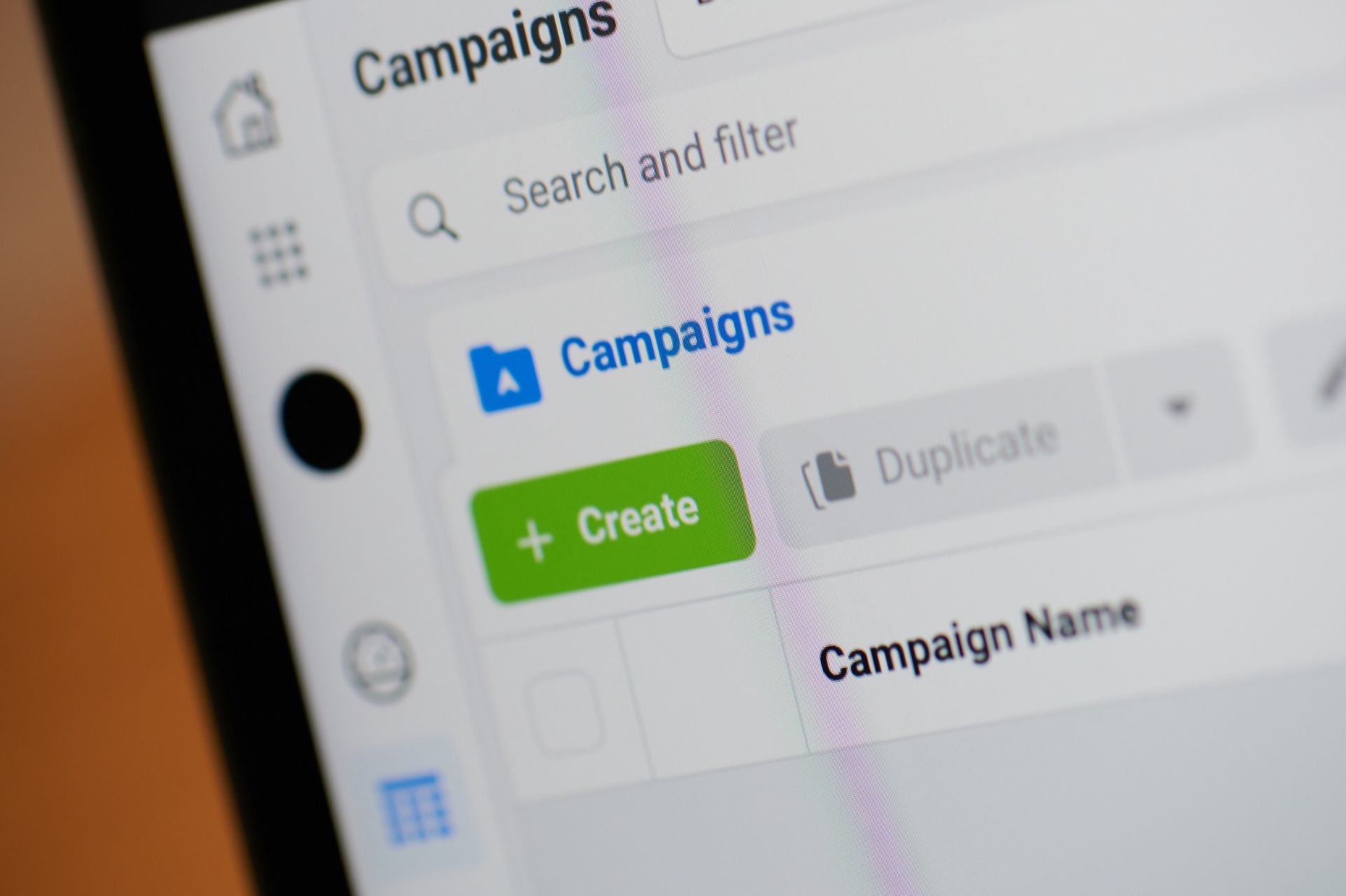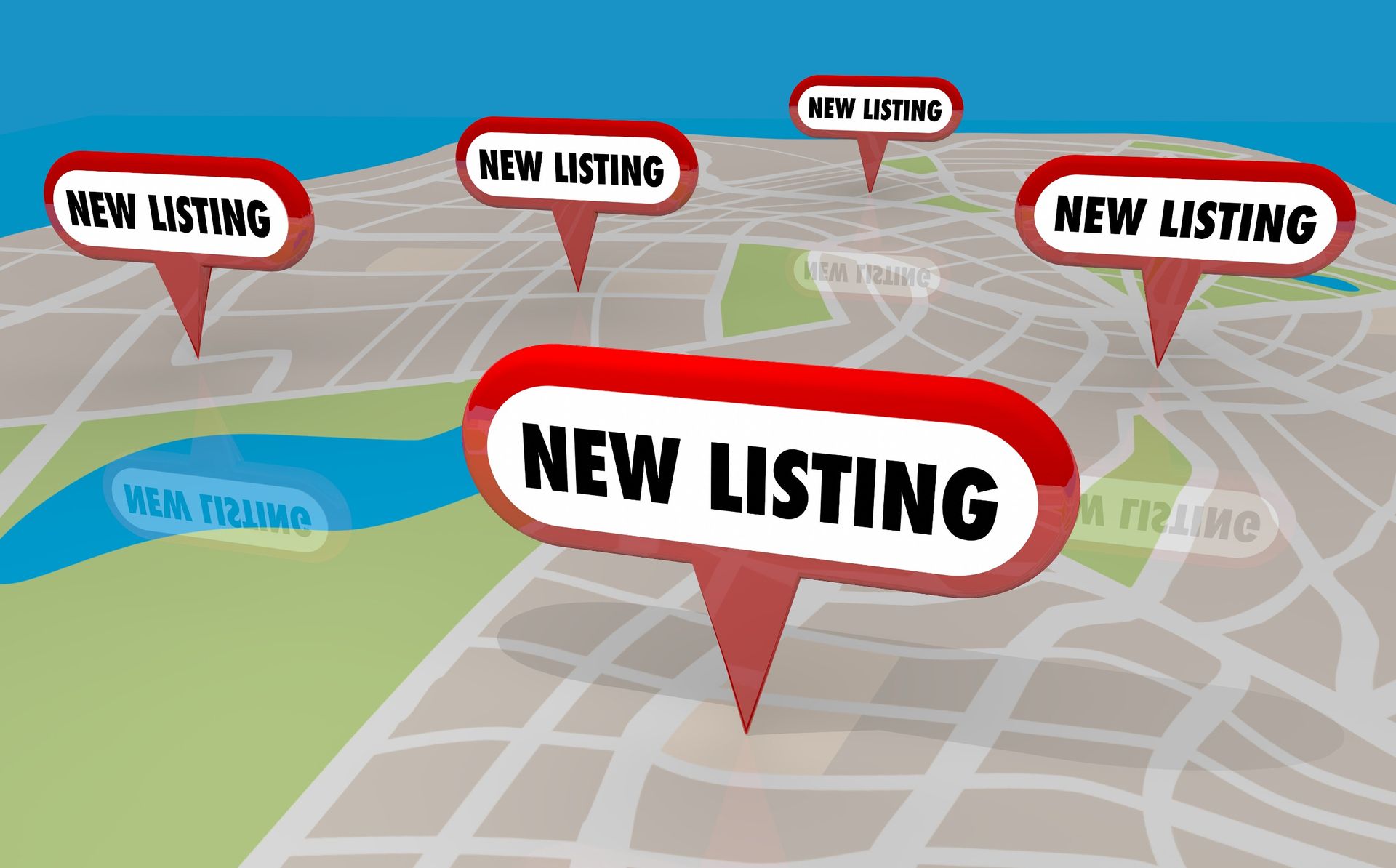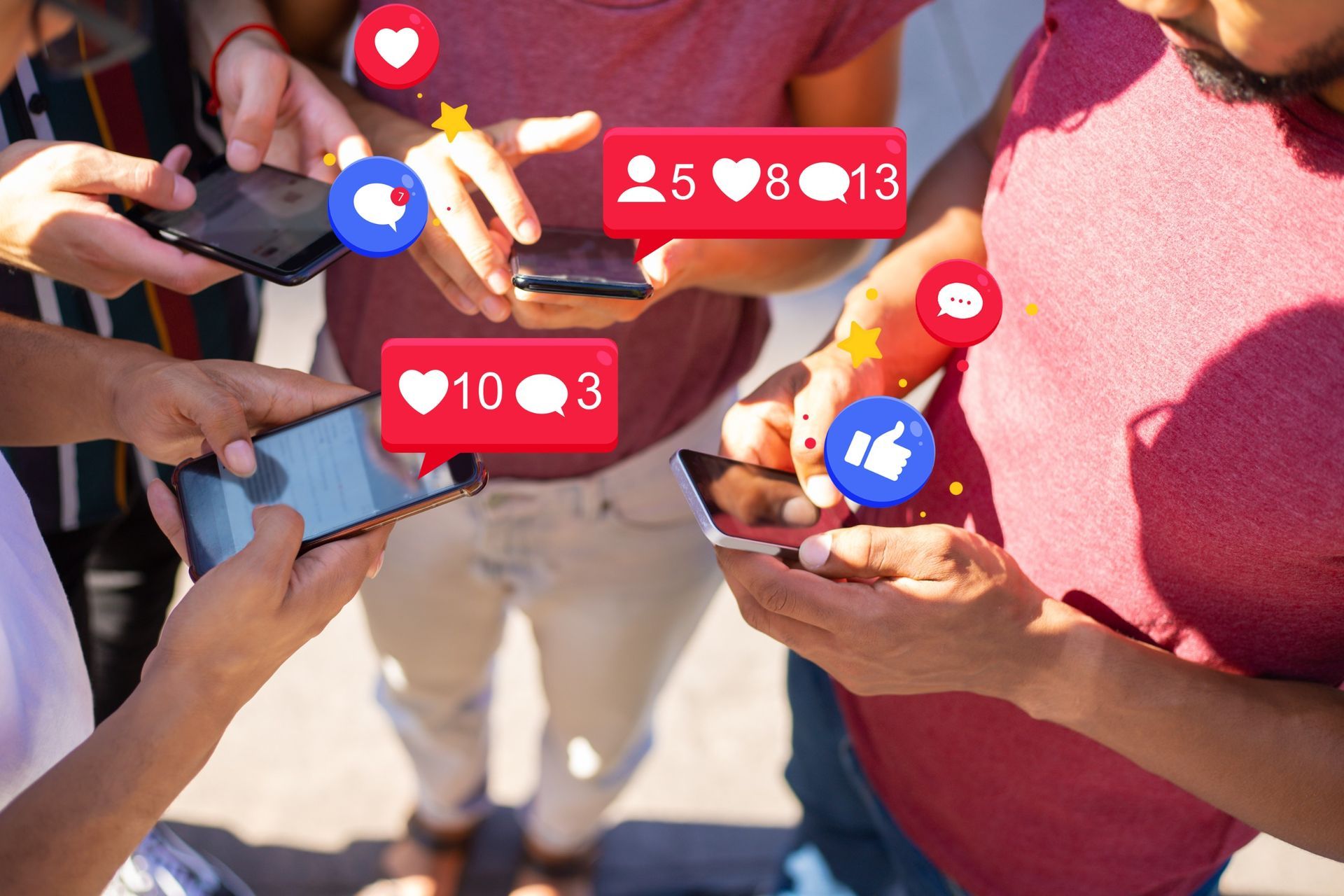SEO vs. PPC - Two Paths to Digital Success
Navigating the digital marketing landscape can feel like traversing a dense jungle without a map. One of the most common dilemmas businesses face today is choosing between Search Engine Optimization (SEO) and Pay-Per-Click (PPC) advertising.
Each has its unique strengths, and understanding which strategy suits your needs best can significantly impact your online success. In this post, we'll break down what SEO and PPC are, highlight their differences, and guide you on when to use each to optimize your digital marketing efforts.
Understanding SEO
What is SEO?
Search Engine Optimization (SEO) is the process of improving your website to increase its visibility when people search for products or services related to your business in search engines like Google. The better visibility your pages have in search results, the more likely you're to attract attention and drive traffic to your site.
How Does SEO Work?
SEO works by optimizing various elements of your website. This includes on-page factors like keywords, meta descriptions, and content quality, as well as off-page factors such as backlinks and social signals. Search engines use these factors to determine how relevant and authoritative your site is and assign it a ranking accordingly.
Why SEO Matters
SEO is vital because it aligns your website with the keywords your target audience is searching for. When done correctly, it can lead to long-term organic traffic, increased brand credibility, and significantly lower costs compared to paid advertising. While it may take time to see results, the benefits are often long-lasting.
Diving into PPC
What is PPC?
Pay-per-click (PPC) advertising is a model of Internet marketing where advertisers pay a fee each time one of their ads is clicked. Essentially, it's a way of buying visits to your site, rather than attempting to "earn" those visits organically.
Types of PPC Ads
There are several types of PPC ads, including search ads, display ads, and social media ads. Search ads appear on search engine results pages, while display ads are shown on a variety of websites across the internet. Social media ads appear on platforms like Facebook, Instagram, and LinkedIn.
The Benefits of PPC
PPC offers immediate visibility and traffic, making it an excellent choice for short-term campaigns and promotions. It allows for precise targeting, enabling you to reach specific demographics, locations, and even times of day. Additionally, PPC provides measurable results, making it easier to track ROI and adjust strategies accordingly.
The Key Differences Between SEO and PPC
Cost Implications
One of the most significant differences between SEO and PPC is cost. SEO generally involves an upfront investment in time and resources but can result in sustained, organic traffic. PPC, on the other hand, requires a continuous budget to maintain visibility, as traffic stops once you stop paying for ads.
Time to Results
SEO is a marathon, not a sprint. It can take months to see significant results from SEO efforts, as search engines take time to index and rank your
content. Conversely, PPC can deliver immediate results, making it ideal for campaigns that require quick visibility and traffic.
Longevity of Impact
The impact of SEO can be long-lasting, providing ongoing organic traffic even if you scale back on optimization efforts. In contrast, PPC has a temporary impact, ceasing to drive traffic once the ad spend stops. This makes SEO a more sustainable long-term strategy, while PPC is better suited for short-term goals.
When to Use SEO
Building Long-Term Authority
If your goal is to build long-term brand authority and organic traffic, SEO is the way to go. By consistently producing high-quality content and earning backlinks, you can establish your site as a trusted resource in your industry.
Budget Constraints
For businesses with limited advertising budgets, SEO offers a cost-effective way to drive traffic over time. While the initial investment in SEO can be substantial, the long-term benefits often outweigh the costs.
Competitive Niches
In highly competitive niches, SEO can help you stand out by targeting long-tail keywords and creating highly focused content. Over time, this can result in higher rankings and more organic traffic, even in crowded markets.
When to Use PPC
Immediate Results
When you need immediate visibility and traffic, PPC is the go-to strategy. Whether you're launching a new product or running a time-sensitive promotion, PPC can deliver quick results that SEO can't match.
Targeting Specific Audiences
PPC allows for precise targeting, enabling you to reach specific demographics, locations, and even times of day. This makes it ideal for campaigns that require a high degree of customization and control.
Testing and Iteration
PPC is excellent for testing different marketing messages, landing pages, and audience segments. The immediate feedback allows you to make data-driven decisions and optimize your campaigns in real time.
Combining SEO and PPC
The Synergy Effect
While SEO and PPC have their unique strengths, combining them can create a synergistic effect that maximizes your digital marketing efforts. For example, using PPC to drive immediate traffic while building your SEO foundation can provide both short-term and long-term benefits.
Enhanced Keyword Strategy
By analyzing PPC data, you can gain valuable insights into which keywords convert best. This information can then be used to inform your SEO strategy, ensuring you're targeting the most effective keywords for organic search.
Maximizing SERP Real Estate
Combining SEO and PPC can help you dominate search engine results pages (SERPs). By appearing in both organic and paid results, you can increase your visibility and capture more clicks, ultimately driving more traffic to your site.
Common Mistakes to Avoid
Ignoring User Intent
Whether you're focusing on SEO or PPC, understanding user intent is crucial. Make sure your content and ads align with what your audience is searching for to maximize engagement and conversions.
Overlooking Mobile Optimization
With more users accessing the internet via mobile devices, ensuring your site and ads are mobile-friendly is essential. Both SEO and PPC campaigns should prioritize mobile optimization to reach a broader audience.
Failing to Measure ROI
Tracking and measuring the ROI of your SEO and PPC efforts is vital for long-term success. Use analytics tools to monitor performance, identify areas for improvement, and adjust your strategies accordingly.
The Future of SEO and PPC
AI and Machine Learning
Artificial Intelligence (AI) and machine learning are revolutionizing both SEO and PPC. From automated bidding strategies to advanced keyword research, these technologies are making it easier to optimize and manage campaigns.
Voice Search
With the rise of voice-activated devices, optimizing for voice search is becoming increasingly important. Tailoring your SEO strategy to include natural language queries can help you stay ahead of the curve.
Evolving Algorithms
Search engines and advertising platforms are constantly updating their algorithms, making it essential to stay informed and adapt your strategies. Keeping up with industry trends and best practices will help you maintain a competitive edge.
Conclusion
Choosing between SEO and PPC doesn't have to be an either-or decision. By understanding the strengths and weaknesses of each strategy, you can
make informed decisions that align with your business goals.
Whether you're looking to build long-term authority, achieve immediate visibility, or combine both for maximum impact, a well-rounded digital marketing strategy can help you succeed.
Ready to elevate your digital marketing game?
Start by integrating SEO and PPC into your strategy today and watch your online presence soar. For further assistance contact
Whale Traffic today to discover how we can help you optimize your campaigns for maximum impact!
